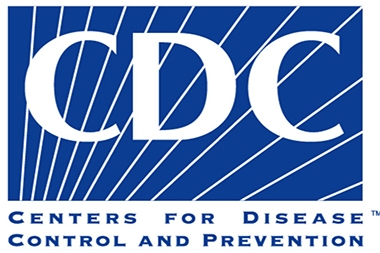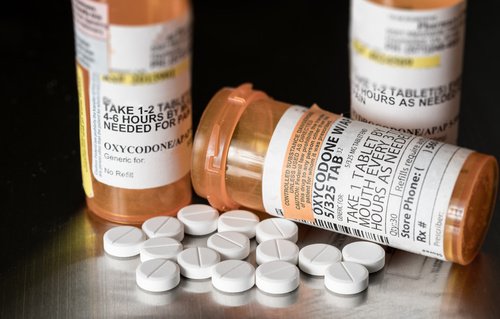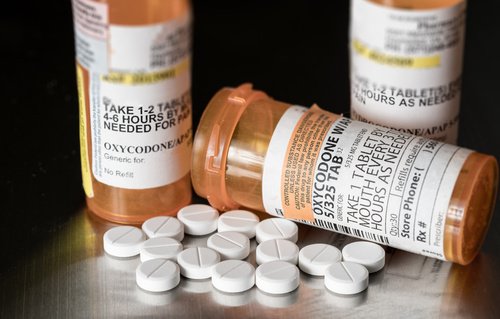Robert Redfield, MD took the reins at the Centers for Disease Control and Prevention in the midst of a national explosion in opioid addiction and death. As such, he vowed that tackling the problem would be a top priority for the CDC. Right now, that means demanding that his agency set new guidelines for prescribing opioids for short-term pain and implementing new systems to track overdoses in hospital emergency rooms. However, a study conducted and …
Read More







